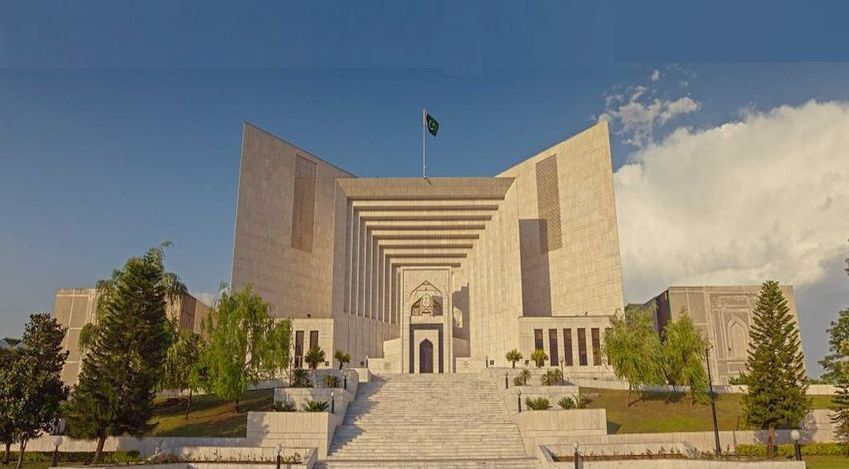Revisional Orders rejecting Plaints cannot be challenged through Appeals or Second Revisions; Writ Petition under Article 199 is Appropriate Remedy --- Supreme Court of Pakistan
Islamabad 21-11-2024: The Supreme Court of Pakistan has dismissed the Petition in the case of Misree Khan & Others Vs. Abdul Ghafoor & Others, upholding the rejection of a declaratory suit deemed time-barred. The judgment clarified significant legal principles regarding limitation laws, revisional jurisdiction, and remedies under procedural law.
The petitioners had challenged a High Court ruling affirming the rejection of their declaratory suit filed in 2006, which sought to declare two mutations (sanctioned in 1975) as illegal. Both the District Court and the High Court ruled that the suit was barred by limitation under Article 120 of the Limitation Act, 1908, which provides a six-year period for filing declaratory suits.
The Court emphasized that rejecting a plaint is a drastic measure reserved for cases where the suit is barred by law or fails to disclose a cause of action. It upheld the lower Courts’ findings that the suit was filed long after the limitation period had expired.
The Court reiterated that the limitation period begins when the right to sue accrues. In this case, the petitioners were aware of the disputed mutations before 2000 but waited until 2006 to file the suit, exceeding the prescribed time limit.
Addressing the procedural confusion, the Court clarified that an order rejecting a plaint under revisional jurisdiction cannot be challenged through a second revision under Section 115 CPC or an appeal under Section 96 CPC, as Revisional Courts do not exercise original jurisdiction.
The Supreme Court of Pakistan held that a writ application under Article 199 of the Constitution is the appropriate remedy to challenge revisional orders. However, such applications must demonstrate a substantive impact on legal rights, not merely procedural irregularities.
The Court refused leave to appeal, concluding that the rejection of the suit was lawful and procedurally sound. It also noted procedural missteps by the petitioners in pursuing an appeal instead of a writ application, though this did not affect the case’s merits.
This judgment reinforces the importance of adhering to limitation laws and pursuing appropriate remedies within the legal framework. It provides clarity on the appealability of revisional orders and highlights the role of writ jurisdiction in addressing substantive legal grievances.
Powered by Froala Editor








